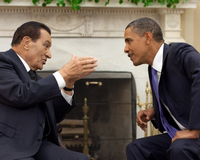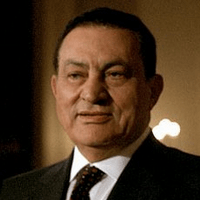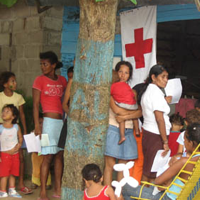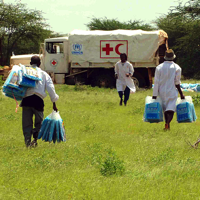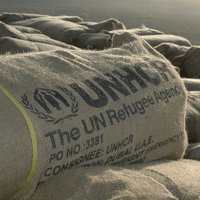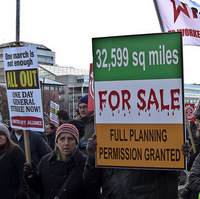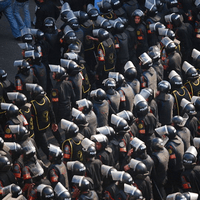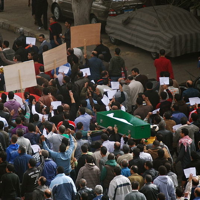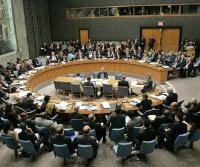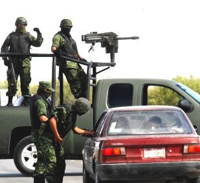
Mexico is not known for its start-up ventures, whether in legitimate business or in organized crime. What Telmex and Televisa are to the world of legal commerce — unrepentant monopolists or oligopolists, ruthlessly opposed to new players in their respective industries — the Sinaloa cartel and the Zetas are to the nation’s underworld. Yet that appears to be changing, at least in the criminal realm. The past 12 months in Mexico have been marked by a more significant upsurge of previously unknown groups than at any point in recent history. Among the new gangs: the Resistance, the New Generation Jalisco […]

